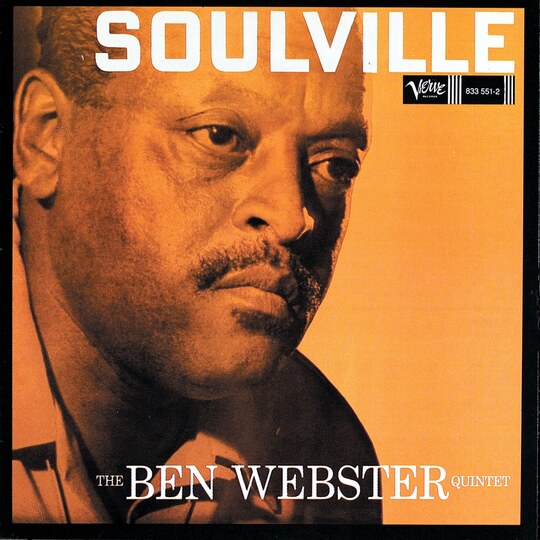Description
#benwebsterquintet #vinyl #vinylrecords
The legacy left by Benjamin Francis Webster is undeniably significant in the jazz world. Born on March 27, 1909, Webster was renowned for his virtuosic proficiency on the tenor saxophone and his intimate, tender, and expressive sound. He was among the few musicians who were identified early and endorsed as leading pioneers in American jazz. The showcase of his deeply emotional mode of performance is embodied in his ageless album “Soulville”.
The Ben Webster Quintet released the “Soulville” album in 1957 around the apex of Webster’s career. The man, recognized globally as an elder statesman of Jazz, had an influential hand in this album’s creation. The album primarily features pop classics performed with intimate nuances by the Quintet’s stellar crew. Notably, Webster himself can be heard playing the piano in a few of the album’s extra tracks. The album remains treasured on a global scale and continues to inspire modern adaptations on platforms like Verve’s Acoustic Sounds Series, which gives the album an analog transferred and remastered 180-gram vinyl release.
Webster’s musical journey did not start in 1957 though. He hailed from Kansas City, Missouri, where his musical education began with violin lessons. Soon, he embraced the blues’ exciting world on the piano under Pete Johnson, practicing saxophone with pros such as Budd Johnson. Webster also had the opportunity to play alongside Lester Young in the Young Family Band.
With a promising start, Webster’s career bloomed over the 1930s. His talents were enlisted in bands under the lead of Benny Carter, Willie Bryant, Fletcher Henderson, and Teddy Wilson, to mention a few. The Duke Ellington Orchestra also enjoyed Webster’s talents as a soloist from 1940, enriching hits like “Cotton Tail”. Yet, Webster’s time with Ellington was not without bumps, leading to his exit from the band in 1943.
Despite these hurdles, Webster’s American career only continued to ascend. Notable collaborators during this period included musicians such as Raymond Scott, Bill DeArango, and Jimmy Witherspoon. This was further enhanced when he crossed paths with Oscar Peterson in 1953. Their collaboration yielded “The Consummate Artistry of Ben Webster”, known today as “King of the Tenors”.
Webster found himself on stage with another Tenor saxophone giant, Coleman Hawkins, in 1957. Their meetup in the studio gave birth to “Coleman Hawkins Encounters Ben Webster”. This landmark recording featured a lineup that included Peterson, Herb Ellis, Ray Brown, and Alvin Stoller. The late 1950s saw Webster set up a quintet with Gerry Mulligan, often performing at the Renaissance, a Los Angeles club.
Webster propelled his career further in Europe where he collaborated with the likes of Buck Clayton, Bill Coleman, and Teddy Wilson. Despite suffering a stroke in Amsterdam in 1973, which eventually led to his death on September 20, Webster left an indelible mark on the world of jazz.




